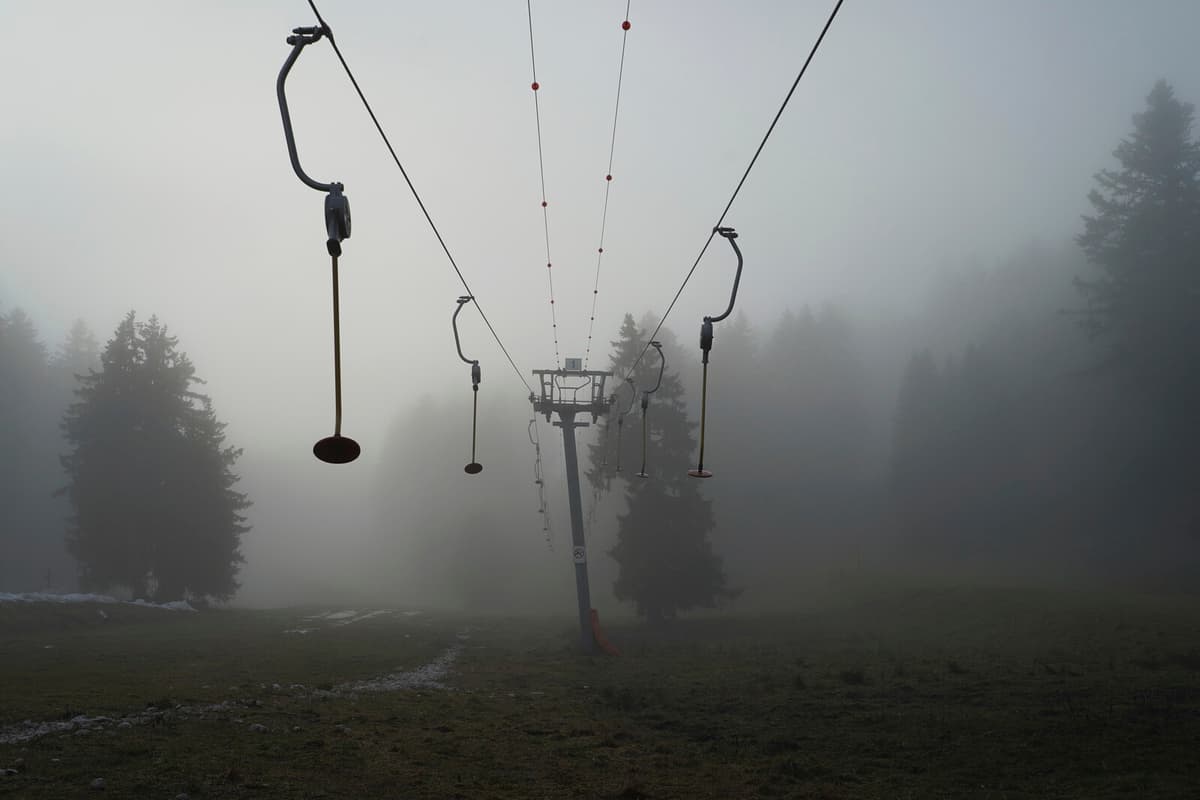Last season, 26 out of 616 FIS World Cup competitions were cancelled due to weather-related reasons. If human-induced climate warming continues, it may become significantly more frequent.
"The climate crisis affects much more than FIS - or sports, for that matter," says FIS President Johan Eliasch in a press release.
"But it is clear that climate change poses an existential threat to skiing and snowboarding."
Improving Snow Management
FIS and the UN's meteorological organization WMO are therefore launching a five-year collaboration. The goal is to put climate change in the spotlight. They are kicking off with a seminar on November 7 with all 137 national ski associations. There, they will, among other things, show how advanced forecasting tools can improve snow management around ski resorts.
Already, the Alps' glaciers have lost 60 percent of their volume compared to 1850, and the number of days with snowfall at altitudes below 800 meters has halved since 1970. Global warming has reached 1.3 degrees, and with a rise to 2 degrees, half of the world's 2,234 ski resorts risk facing snow shortages, according to a study from last year.
"Significant Impact"
Daniel Kull, who is WMO's responsible for the partnership, tells TT that WMO sees the collaboration as a way to get the message about climate change's impact to a broader audience. A goal is for the audience to understand that when competitions are cancelled, it's not one-off events, but an increasing trend.
Ski tourism may disappear, but even more importantly, there are communities in the mountains whose infrastructure is undermined when permafrost melts. The water supply for millions, if not billions, is affected when glaciers disappear and snow doesn't fall, he says.
The competitions take place on different continents and require air travel, a major emission source.
I know that FIS is looking into it. But everyone should clearly feel a personal responsibility to reduce their carbon footprint, says Kull.






